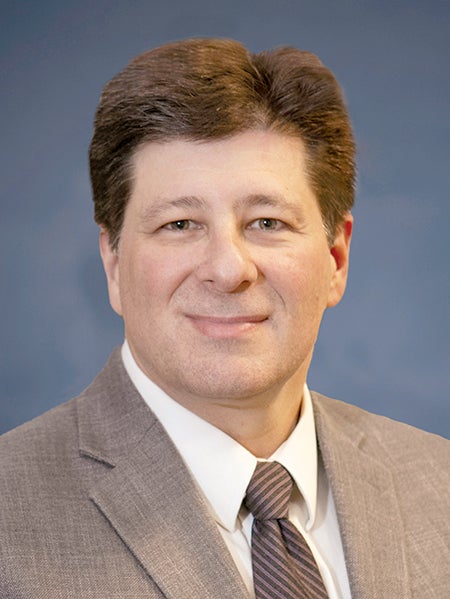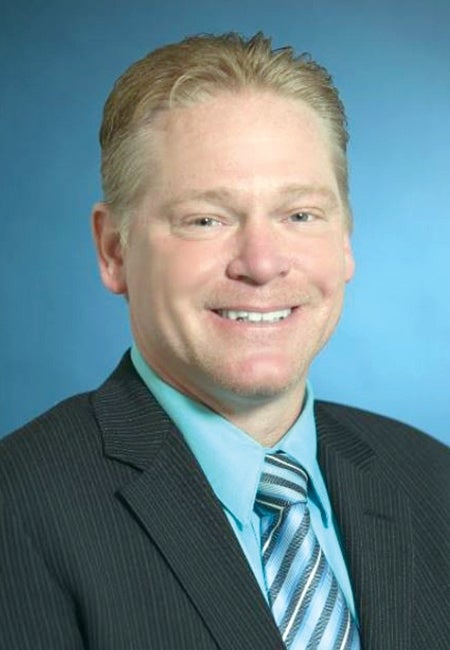For years, the promise of telehealth was held by a small group of believers who saw its potential to streamline access, promote better outcomes, and drive patient satisfaction.
Get Instant Access to This Article
Subscribe to Worcester Business Journal and get immediate access to all of our subscriber-only content and much more.
- Critical Central Massachusetts business news updated daily.
- Immediate access to all subscriber-only content on our website.
- Bi-weekly print or digital editions of our award-winning publication.
- Special bonus issues like the WBJ Book of Lists.
- Exclusive ticket prize draws for our in-person events.
Click here to purchase a paywall bypass link for this article.
For years, the promise of telehealth was held by a small group of believers who saw its potential to streamline access, promote better outcomes, and drive patient satisfaction. Much like Amazon did for online retail, telehealth presented an opportunity to fundamentally change how patients choose to receive care. Yet, adoption was rife with skepticism and hesitation. Then suddenly, at the mercy of a global pandemic, the medical community shifted its priorities toward the reality of caring for patients from a distance. Almost overnight, a new era of healthcare came to be.

Telehealth is not the hammer for every nail. It is an enabler of strategies that promotes timely access to care, integrated service delivery, and the ability to manage finite resources…while at the same time catering to a consumer-centric market focused on convenience, access, and value. It’s what the airline and banking industries have been doing for years.
One in five Americans live in what is referred to as a primary care “desert”, meaning a shortage of healthcare providers and services. And, as life expectancy increases and baby boomers age, so does the demand for medical care. Advances in technology, along with positive strides in regulation and payment parity, have finally allowed telehealth to expand our reach beyond the physical walls of the doctor’s office. Even for clinicians, telehealth is proving to reduce no-shows, improve continuity of care, and address health inequity in underserved populations.

This is why pioneers like the Arizona Telemedicine Program have been successful for years. Telehealth is a necessity for much of their rural population. For us in Massachusetts, it is a choice. But it is also where we, as a society, are evolving toward. We became fast experts in online interaction with family and friends, work and school during the quarantine. So, shifting to a virtual doctor visit seems like a natural extension of that. Telehealth may have been a solution looking for a problem until it found one…a really big one. And now it is here to stay.
Telehealth is not new—we have been using some forms of telehealth for the past 15 years at UMass Memorial. This has enabled our clinicians to oversee the care of critically ill patients and stroke patients not only in our system but in community hospitals around the region.
Enter COVID-19. Telehealth became an absolute requirement for us to take care of patients safely. With office visits curtailed, telehealth solutions allowed our patients continued access to their caregivers. In the hospital, we use it to remotely monitor patients who require continuous observation and occasional prompting. We have expanded telehealth consultation for stroke, neurology, dermatology, and other specialties to surrounding hospitals providing quicker, more convenient access. Through our Hospital at Home program, our physicians have a daily telehealth visit supplementing the twice daily visits to their home by our nurses.
Telehealth has just become part of how we deliver health care now.
And we think this is just the start. For patients with blood pressure or blood sugar that needs monitoring, there are devices that automatically upload their data so we can check in as often as needed instead of waiting for their next appointment. This will enable us to view these values, coordinate with the patient’s providers, and suggest changes to the care plan much more responsively.
The same is true with cardiac care. Patients carry monitors in their pocket and when connected to a smartphone, send data to their care team.
Plans are in the works to make every hospital room telehealth capable, where a doctor can call into the room whenever needed, and where family can also virtually visit patients.
And, there is much more to come. Our goal is to provide the best care possible for our patients in the most effective manner possible with an eye on convenience and cost savings coupled with high-quality care.
David Smith is an associate vice president of virtual medicine, and Dr. Eric Alper is a senior vice president, chief quality officer, and chief clinical informatics officer at UMass Memorial Health.

